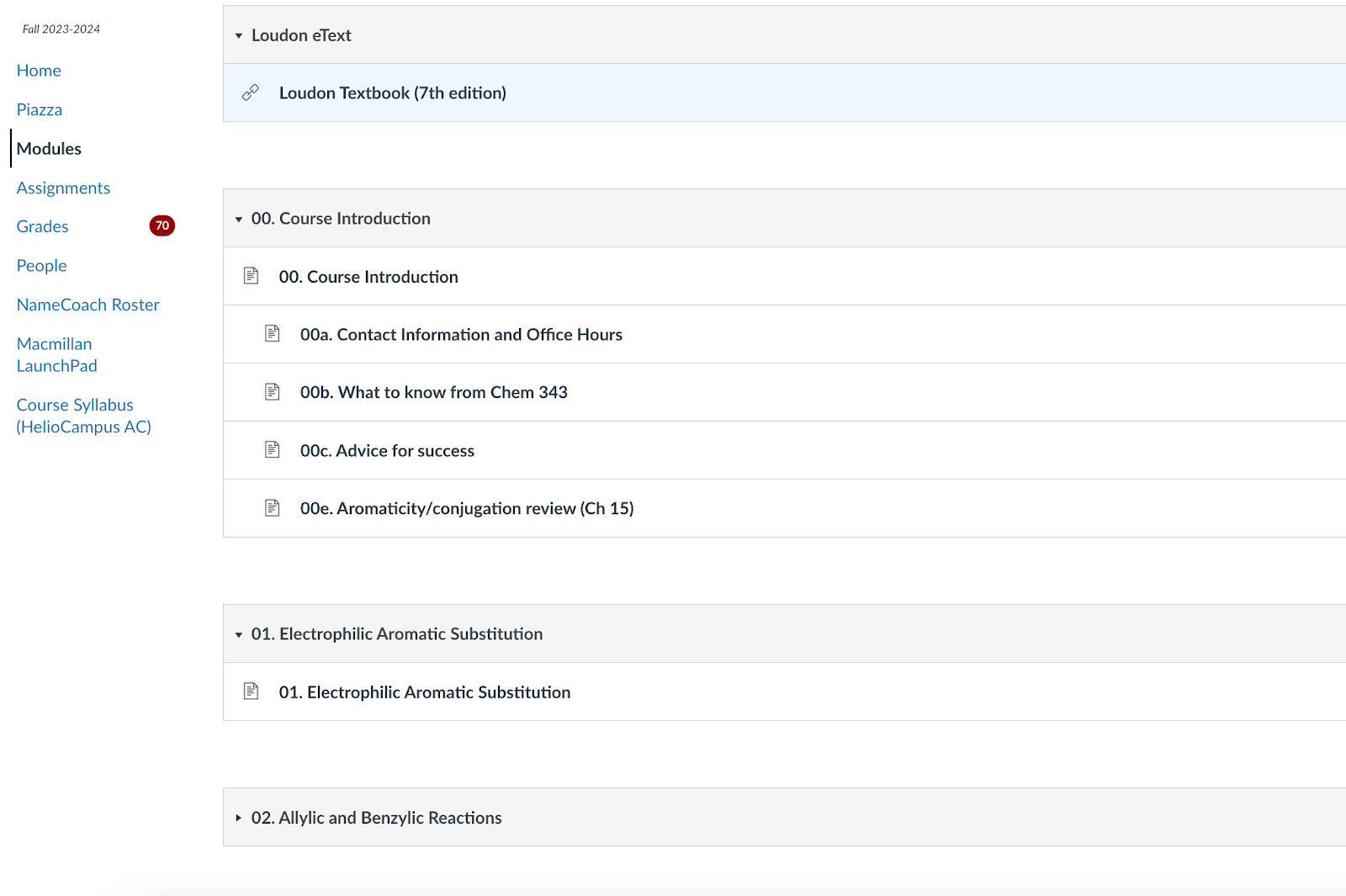what they don't tell you about recovering from tbi
UPDated JUne 13, 2024
Recovering from traumatic brain injury isn't linear. Or ever really "over." Here are some things my medical team and rehab therapists didn't tell me outright so I learned the hard way.
1. Your recovery is up to you.
It sounds so silly to say now, but for the first 9 months after my accident (which was May 2019), it didn't occur to me that my brain was only going to get better if I put in the work to exercise it.
I spent month 1 comatose and wildly hallucinating. There were a lot of post-injury complications so my medical team's biggest task was to get me awake and eating.
I spent months 2-4 in Day Rehab at Shirley Ryan AbilityLab in Chicago. For seven hours per weekday, I practiced picking up beads with my fingers, moving my head and focusing my eyes on the same spot, and writing a bulleted list of items to buy at the grocery store if I wanted to make sandwiches for lunch. I thought rehab was super dumb and wanted to get back to Philly to have coffee with my friends.
In months 5-8, I convinced my parents to let me move back to Philadelphia and go to outpatient rehab at Penn Rehab part-time. Like I said, I didn't understand that rehab was of the utmost importance at this stage but was instead fixated on regaining my independence, being near my friends and boyfriend, and the living the life I had grown accustomed to during college.
During this period, I battled debilitating fatigue. The everyday level of fatigue felt like I was hungover from Prom last night, ran a marathon, taken the ACT, and been broken up with. All of it at once. Add severe intellectual disability to it and I was essentially as cognitively developed as a five year old. I did only what my parents, therapists, and doctors made me do...which was about 5 hours per week of occupational, speech, and physical therapy combined. Would you expect a 5 year old to understand initiating themselves to set themselves up for success in the rest of their life? The answer is no. In November 2019 I was discharged from Penn Rehab for plateauing. The rehab therapists couldn't bill my insurance any longer because they weren't proving any improvements from it. Hearing this news was first time since my accident six months earlier that I began to comprehend what had happened to me. "What do you mean?? I can't keep coming here? I'm not really doing well...I'm supposed to be a CEO one day, you know. When will I be able to start my job?" The speech therapist looked at her feet then at the occupational therapist and said, "We don't know, Carlie. It's just that...every one recovers differently. You might want to reimagine what you think your life is going to be like."
The experts had given up on me. My life was doomed. Why the hell would they save my life just to abandon me in this state?
Since Penn Rehab couldn't help, and because I was privileged, my family and I decided we'd try the extreme: go to the Surrey Neuroplasticity Clinic (SNPC) in British Columbia, CA to do the PoNS Treatment. There, I met other TBI survivors that had been living with disability for many years. One woman, Heather, was at SNPC to work on her balance and gait, which were major disabilities for her despite having obtained her injury 20+ years ago. She went on about how "every day is a chance to recover!" Every day she wrote herself affirmations, then she did a 20 minute balance exercise, then she read the newspaper. After taking a nap, she went on a power walk, and cooked dinner. I was floored by her commitment to improve even though decades had passed and she was still quite disabled. Heather's attitude was so shocking to me because my clinicians at Penn Rehab made it seem like I was sentenced to a life of disability. They were also apparently unconcerned with telling me that my recovery is up to me. Meeting Heather was the beginning of the inflection point that occurred when I did the PoNS Treatment.
2. Find your tribe of survivors ASAP.
Let's be real. You can't fathom a brain injury unless you've had one. Join your local hospital's TBI support group or Concussion Legacy Foundation's post-concussive sytmpoms network. In these organizations you'll friends and support for what is hard to explain to non-survivors.
3. Adopt a growth mindset and get used to failing all day every day. Time will pass and you'll realize how much you've recovered.
4. Brute force gratitude journal, even if you don't believe the things you write down.
I like to list contentments and competencies:
Mongo was so happy to see me when I got home!! He slobbered all over me with kisses.
I'm grateful my hair is long enough to wear a clip now.
That pumpkie pie was tasty.
I grocery shopped.
I did 20 pencil push ups.
I clipped my nails.
I refilled my water bottle three times.
5. Be your own biggest advocate. Seek to discover therapies for yourself and present them to your team for opinion.
My most impactful therapies were, oddly, not brought to me by my neurologists. I came across them through the TBI community, obsessive podcast-listening, and sheer desperation.
A. PoNS Treatment
At months 9, 18, 20, and 22, I did the Portable Neuromodulation Stimulator (PoNS) Treatment before it was FDA-approved, against the recommendation of my physical medicine physician and neurologist. Despite being indicated for balance and gait deficit, I found it incredibly helpful for my cognition and stamina. I will shout on the rooftops until this treatment is available to everyone in need of some neuroplasticity.
B. Psychedelics
NOTE: I do not recommend the unsupported, underground path I often used to try psychedelics. There are safe, guided ways to use psychedelics! Please reach out to me if you want to learn more about how to access them.
On mushrooms I found trust in myself again. With my brain injury I lost my entire sense of self. Not only were my abilities and "potentials" gone, I no longer had the feeling of confidence in myself and how I interacted with the world. My accident coincided with my college graduation, so when I was contemplating what I would do with my life now that I was disabled for good, my community had moved to new cities to start new jobs, new relationships, and new lives. There were unreturned texts and visits that never came. COVID started and to deal with my new reality without my community. Pre-accident, I think I would have trusted my judgement enough to say to myself, it's a them thing, I'm not taking it personally. However I didn't have such a foundation to fall back on and I internalized my loss of community as deeply personal. It's because I'm a bad person. It's because I no longer provide social clout to them. And never will. It's because my personality is gone now. I don't feel like a person and I'm not being treated like one so...I must not...be one?? I had tried the whole "just believe in yourself" or "just love yourself" things to no avail. But I deep down I just didn't. I had read that psilocybin helped former NHL player Daniel Carcillo recover from symptoms and PTSD following his multiple brain injuries. So at about month 28 post-accident, I was suicidal and felt I didn't have anything to lose by trying mushrooms. On them, I was able to actually agree when I told myself, You are good, Carlie. You're on the right path. I've taken a 1-4 gram dose every 6 weeks since. I firmly believe in my self worth and am able to trust my feelings and instincts again.
At month 36, I took ketamine in a club in Bushwick. I saw Old Carlie in a mirror. Old Carlie was attractive, confident, and dancing full-out to techno in New York. She was in her twenties doing things that people in their twenties do! Seeing Old Carlie that night was jarring because at that point I had already accepted Old Carlie had died, never to be seen again. New Carlie was heavy, ugly, awkward, and too anxiety-ridden, tired, head-ached, or overstimulated to go out. But I was still Old Carlie. Old Carlie hadn't died fully, she was just hibernating and recovering! That single night on ketamine fundamentally changed the way I viewed myself.
At month 58, I did eight clinician-administered ketamine infusions to get through a deep depression. I believe it released some dark trauma memories and helped me regain perspective. At month 66 I microdosed ketamine through the mail delivery service called Joyous.
At month 73, I traveled to Mexico to do ibogaine over the course of 9 days. I came out with my chronic migraine, sensitivity to bright light, insomnia, and post-traumatic ruminations cured. I am now living as Carlie 3.0.
C. Exercise
Even my old neurologist admitted it seems more effective than the SSRIs she prescribes, but patients never like to hear it.
D. Nutrition
For years I reported to my neurologists, "Cognition, mood, stamina symptoms aside – I cannot digest anything! I have bloat, pain, acid reflux, and constipation. Help." They looked at me with puzzled eyes and said, "Huh." I suffered for years. This was a clear example of the siloed, non-holistic nature of our health system's philosophy. To the layperson, it's not surprising that after such a traumatic injury, other bodily systems would be impacted. Plus I now know that trauma induces the autonomic nervous system into sympathetic activity, which has downstream impacts to every organ system.
I tried a low-FODMAP diet for years with little relief and great effort. At month 42, gratefully, my new primary care physician referred me to a nutritionist who had me reintroduce foods into my diet and had me take supplements that helped my GI system relax enough to process my meals. For example, magnesium citrate relieves consitpation because it's not absorbed by the intestines, which creates a gradient of water that flows into the intestines and into stool which helps it pass. A high fiber diet helps by pushing stool forward.
E. Eye Movement Desensitization Reprocessing (EMDR)










